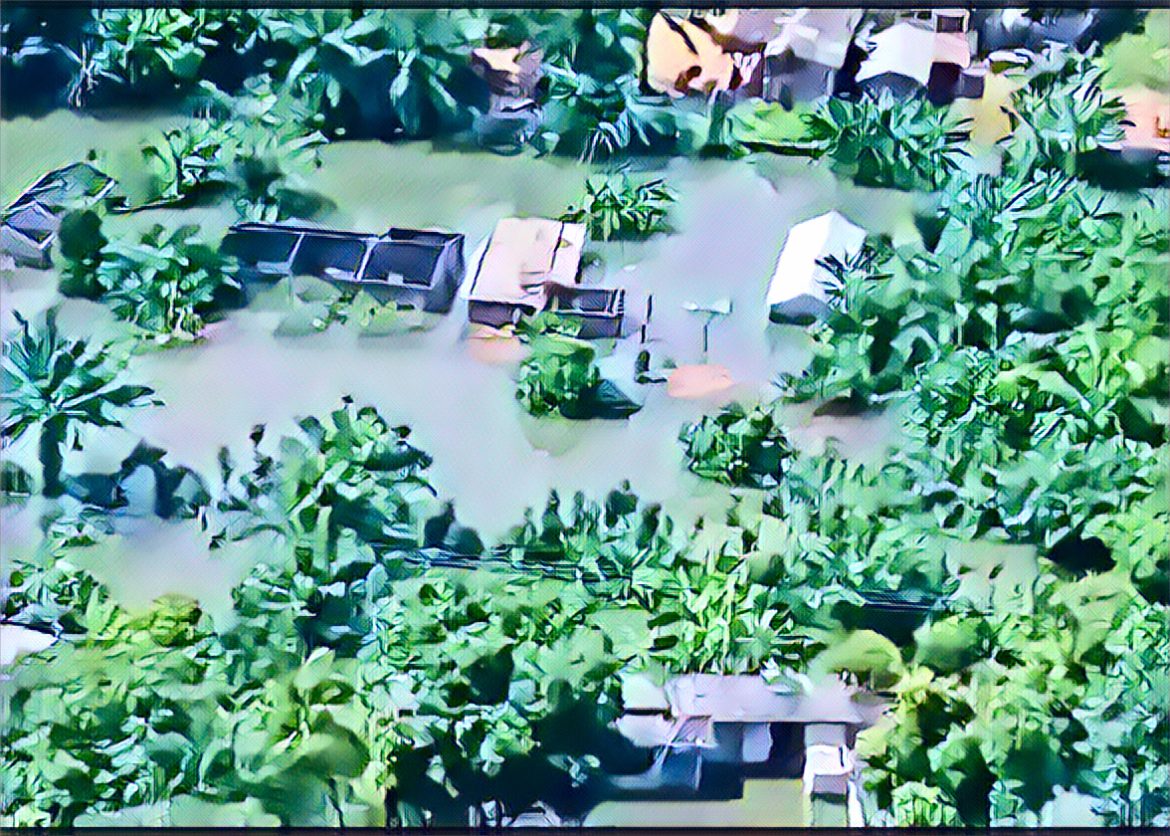The World Bank has approved $40 million in funding to support Ghanaian farmers who have lost their crops and livelihoods due to the spillage of the Akosombo Dam. The funding is part of the Food Systems Resilience Programme (FSRP), which aims to strengthen the resilience of food systems and preparedness for food insecurity in the region.
The spillage, which started on September 15, 2023, was a necessary measure taken by the Volta River Authority (VRA) to prevent the dam from overflowing due to high inflows of water from heavy rains in the upstream countries. The spillage has affected about 26,000 people in the Volta and Eastern regions, submerging their homes, farms, and infrastructure.
The Minister of Agriculture, Bryan Acheampong, announced the allocation of the World Bank funds at the launch of the Youth In Agric initiative, which seeks to create 200,000 jobs for young people in the agricultural sector. He said the funds would help restore the livelihoods of farmers who are worst hit by the spillage.
“To our friends, brothers, and family on the Volta and eastern stretch of the Akosombo Dam’s path, we have all witnessed the devastation resulting from the necessary action the VRA had to take to save the Akosombo Dam. As a result, several farmers have been affected, and many have had their crops completely wiped out,” he said.
“I have directed that due to this emergency, $40 million of the World Bank-funded Food Systems Resilience Programme be restructured to restore farmers whose farms have been wiped out due to the necessary action taken by the VRA to save us all.”
The FSRP is a regional program that covers 10 countries and three regional bodies in Eastern and Southern Africa. It supports countries in prioritizing medium-term investments that can transform and strengthen their food systems, such as improving natural resource management, enhancing food value chains and markets, and fostering policy reforms.
The programme also provides short-term support measures in case of a deteriorating food security situation, such as strengthening early warning systems, emergency food reserves and trade measures.
The World Bank Vice President for Eastern and Southern Africa, Victoria Kwakwa, said the programme was central to the bank’s engagement in the region, which prioritizes enhancing human development outcomes and increasing the resilience of populations.
She said the program was responding to the ongoing demand for long-term solutions to address the multiple shocks threatening food security in the region, such as extreme weather, pests and diseases, market instability, and conflict.
The Youth In Agric initiative is another program that aims to empower Ghanaian youth and provide them with stable incomes and livelihoods through agriculture. It is part of the broader agenda of the government to create more jobs, especially for young people.
Under the program, participants will receive training in modern agricultural practices and have access to inputs, technologies, and financing needed to establish their own farms. The program hopes to boost the production of key crops such as maize, rice, sorghum, cassava, yam, cocoyam, soybean, and vegetables.
Source: GhanaWeb




